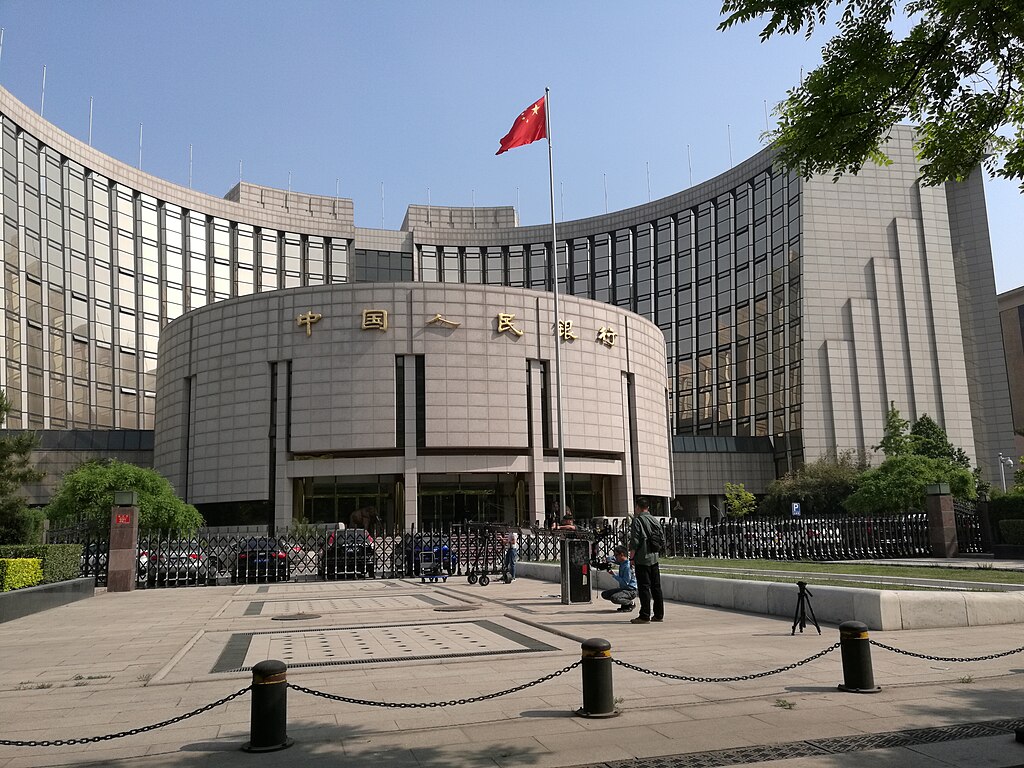
Sonja Ayeb-Karlsson
Associate Professor in Policy and Intersectionality, UCL & Honorary Senior Researcher, United Nations University
Assoc Prof Sonja Ayeb-Karlsson's research is broad and interdisciplinary with a particular focus on policy, intersectionality, and violence, as well as their overlaps with migration, refugees and trapped populations, trafficking or health and mental wellbeing. She is based at the Institute for Risk and Disaster Reduction where she leads the ‘Everyday Disasters and Violences Research Group’ and two modules on humanitarian policy and responses to violence and marginalisation.
Assoc Prof Ayeb-Karlsson is also an Honorary Senior Scientist at the UN University’s Migration Section in Bonn, Germany, she leads the mental health work of the Lancet Countdown, and was part of the ‘Royal College of Psychiatrist’s Climate Emergency and Mental Health Task and Finish Group’. She is a core member of the SHERA research group and on the Hague Mothers UK steering committee. She is an associate editor for and on the editorial boards of four international high impact academic journals. Her work is well-published and widely covered by media outlets across the world.
Currently, she is particularly interested in furthering our understanding of policy protection vs. lack of protection, psychologically ‘trapped’ populations or legal entrapment, and safeguarding through specific legal systems and policy tools (such as Family and Criminal Law, the Human Rights Act, the Istanbul Convention, and the Convention on the Rights of the Child).
Assoc Prof Ayeb-Karlsson is available for PhD supervision in any of these research areas as well as work linked to the study of (im)mobility, gender-based and structural violence, conflict and disasters, non-economic loss and damage and other policy areas focused on the climate-violence-health loss nexus, Violence Against Women and Children (conflict, interpersonal, and domestic), child sexual abuse, exploitation and human trafficking, as well as policy and legal weaponisation or lawfare such as through the use of so-called 'parental alienation' or Hague parental ‘abduction’ proceedings to continue legal abuse and coercive control.
- Market Data




































